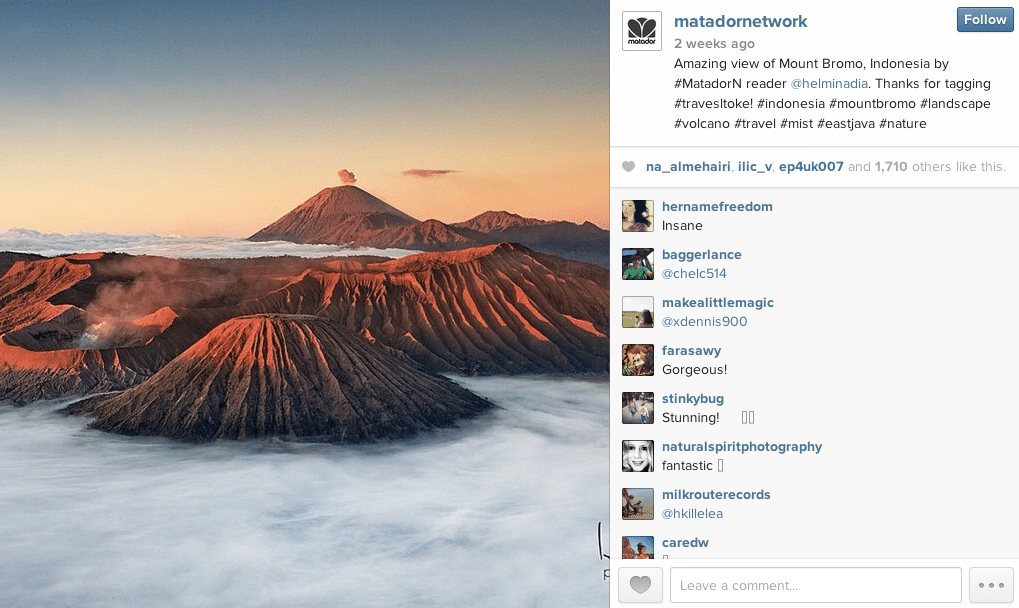Skift Take
When Google is your rival, you have to stop focusing exclusively on what works for them and target your readers wherever you might find them.
Last week we released our latest report in the Skift Trends series, The State of Travel Media 2015.
Below is an extract. Get the full report here to get ahead of this trend.
Google still matters, except when it doesn’t
“We engineer our content for social,” says David Miller, EIC at Matador Network. “But we don’t A/B test our titles or think much about what Google is doing.”
“We follow Google best practices,” says Ross Borden, Matador’s CEO, “but don’t consider much more than that.”
But both Matador execs concede that the popularity that results from ‘social engineering’ — buzzy headlines and strong imagery — contribute to high Google rankings. They attribute the top ranking of a recent sponsored content initiative with Scotland to the success of the content in social. While the process to get that ranking may be driven by social practices, the prize is Google.
Angela Berardino, Chief Strategy and Integration officer at Turner PR (a national firm specializing in travel, tourism and lifestyle brands), says content creators are narrowing their focus to win at Google. “DMOs [destination marketing organizations] want to be perceived as experts so they’re focusing on answering the specific questions travelers ask. Rather than ‘travel to LA’, they develop content about vegan restaurants in LA’, or ‘museums that are great for small children’. Many see search competition coming from editorial rather than search so this shift to specialized content helps them win.”
“If you Google for hotels in LA, for example, the first results are all Google listings,” Berardino continues.” You get paid ads from OTAs (online travel agents); then Google’s booking engine; then more OTA content, and a few editorial stories from Vanity Fair, the New York Times, etc. Ditto with restaurants; Google serves ads first, then Google map content (including Zagat reviews), then sites like Tripadvisor, Yelp, and Open Table. A tourism office can’t compete with the overwhelming amount of content so many try to own more specific stories like “Healthy dining in LA.”
“Search analytics would be useful for us in the newsroom,” says Dan Saltzstein, a travel editor for The New York Times, “but not in that we’d let those analytics define our content. While we do optimize some of headlines for better performance in the digital issue — for example, people don’t search for ‘36 Hours in Pittsburgh’ unless they’re explicitly looking for The Times’ feature — we don’t let what’s popular in Google define our content. We’d benefit from understanding when our stories might perform best. For example, if we’re posting a story about Europe, should we be posting it late afternoon Berlin time? That’s the kind of data we’d like to get from analytics.”
Get Skift Research
Skift Research products provide deep analysis, data, and expert research on the companies and trends that are shaping the future of travel.
Have a confidential tip for Skift? Get in touch
Tags: google, matador network, new york times, research reports
Photo credit: Matador Networks looks to social media for visits before it focuses on search engine optimization.
